The story of a female retiree from the Kharkiv region: "There is nothing left of the house... My husband and I thought we would meet our old age there"
Марія Білякова
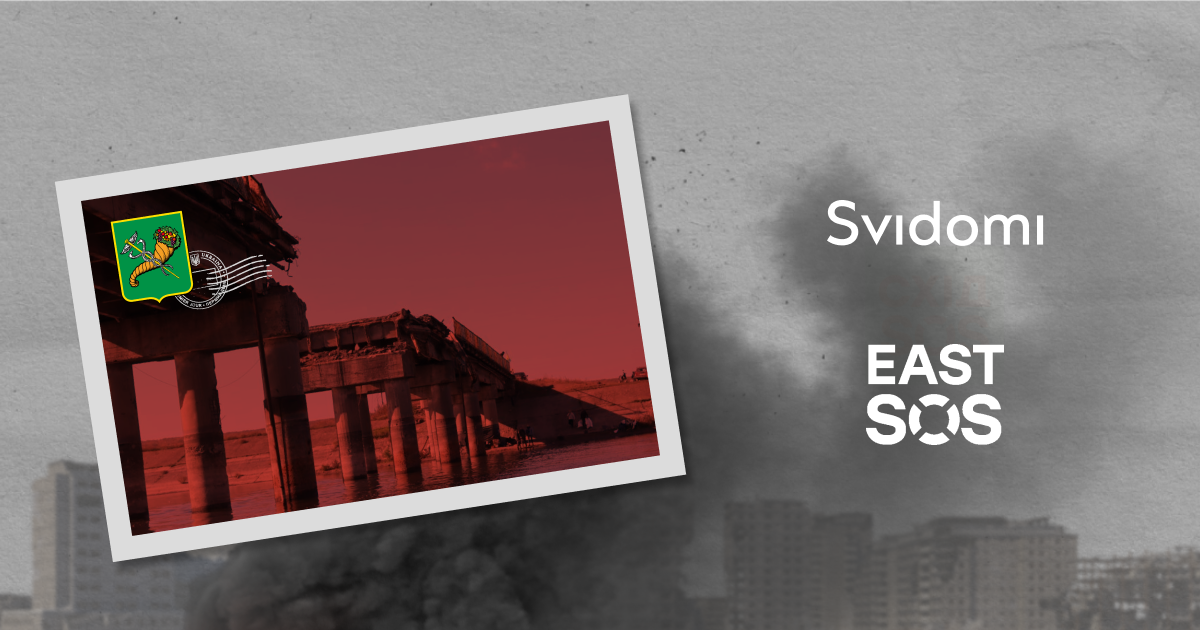
Since 2014, the Charitable organisation Charity Foundation «East-SOS» has been collecting information about war crimes committed by representatives of the Russian Federation to ensure justice and the right to truth. Since February 24, 2022, documenters have recorded more than 600 stories and about 700 cases of alleged war crimes.
Tetiana Petrova recorded Oleksandra Khrystenko's story, and Mariia Biliakova wrote the text. The following is the direct speech.
I was born and spent my life in the village of Staryi Saltiv. I studied in Kharkiv and then worked as a telephone operator at Ukrtelecom. I retired in 2012. My husband and I took up housekeeping and gardening. We have a 20-hectare plot, a garden next to the house, a garage, and a barn. We kept cows, pigs and chickens.
Then, my husband got sick, and his eyesight worsened. The only animals on the farm were chickens. We had no animals on the eve of the full-scale war, and my husband had almost completely lost his eyesight.
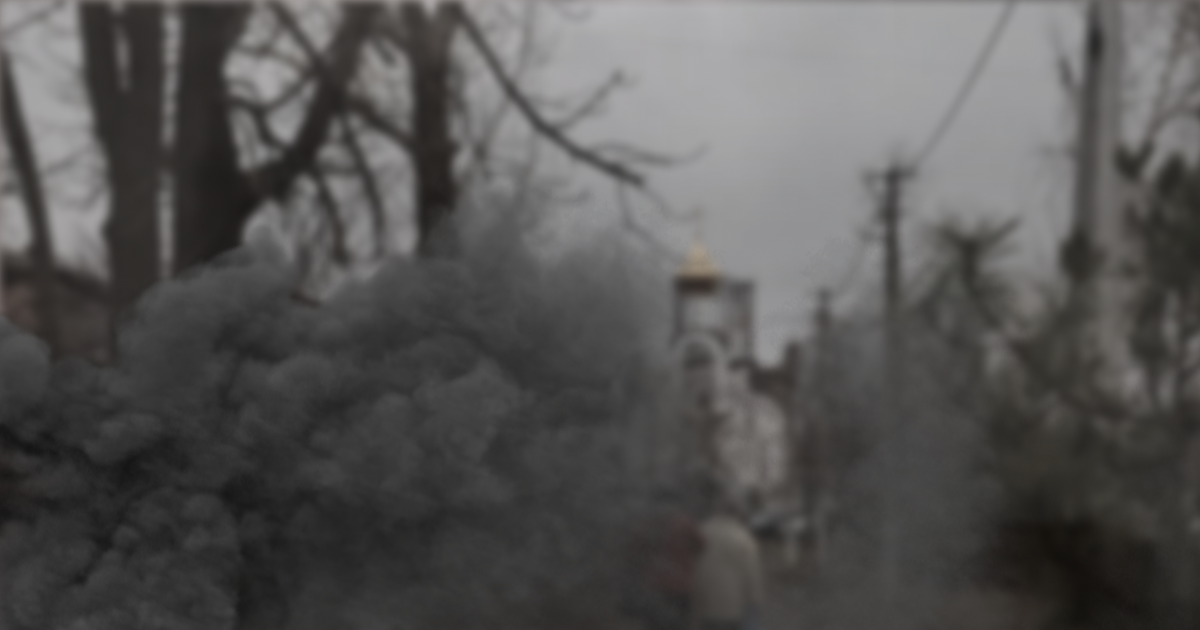
I remember well February 24, 2022. I woke up at 5 a.m., opened the window and heard a strange sound. It seemed like aeroplanes were flying. My next-door neighbour said it was rockets. I didn't see them; from the sound of it, they were flying from Vovchansk, from the border. Then we heard explosions in the distance.
The next day, all the shops were closed, so we had no bread. Volunteers brought bread and then gave us flour, so we baked palianytsia (a type of Ukrainian flatbread). There was no electricity, so we lit candles. We went to our neighbours for water, as they had a well.
We could hear explosions in the distance all the time, but they did not affect us yet. On March 17, I saw a UAZ pickup (an off-road vehicle produced in Russia—ed.) driving down the street with a 'Z' painted on it. My fellow villagers said the Russians had arrived at the school and settled there.
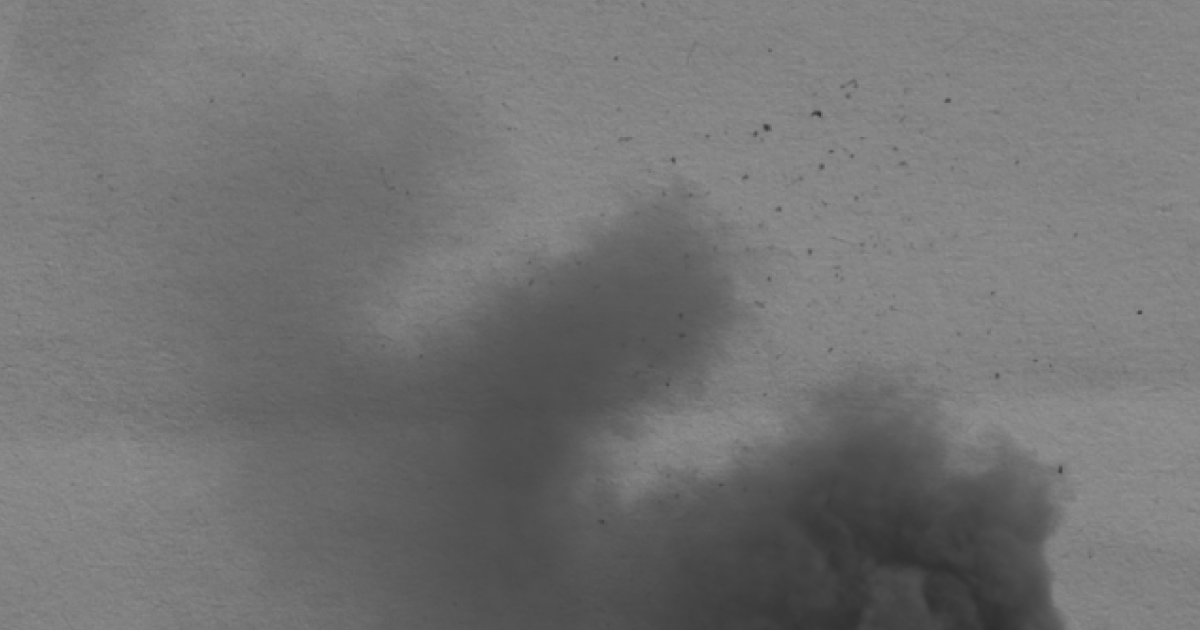
I was afraid to go outside when I saw Russian soldiers with machine guns. But there was no bread, so I went to the store. People stood in lines for 4-5 hours. Then, the Russians started going from house to house looking for men, including the participants of the Anti-Terrorist Operation. They came to a fellow villager. He opened fire and threw a grenade. The Russians retaliated by firing a grenade launcher at the house and burning it to the ground. The man fled and hid and joined the Armed Forces of Ukraine after the de-occupation. Today, he is retired because he turned 60.
I did not go far; I always stayed with my husband. I even planted a little garden: beets, carrots, cucumbers... On April 30, the Russians started to flee - an open-air off-roader was driving down the street, and they jumped into it on the move. After the escape, the Russians continued shelling us, so many people left on May 2-3 in their own cars. Volunteers also helped us leave, but I only learned about them by chance.
On the evening of May 3, there was a very heavy shelling. I hid in the cellar, and my husband was inside the house. He could not come down. I came out and heard a noise near the yard. I looked through the hole and saw some people lying under the fence. I opened the door and said: "Go hide in the cellar!". They said they were volunteers. They invited me to go with them. They offered to come to the five-story building the following day.
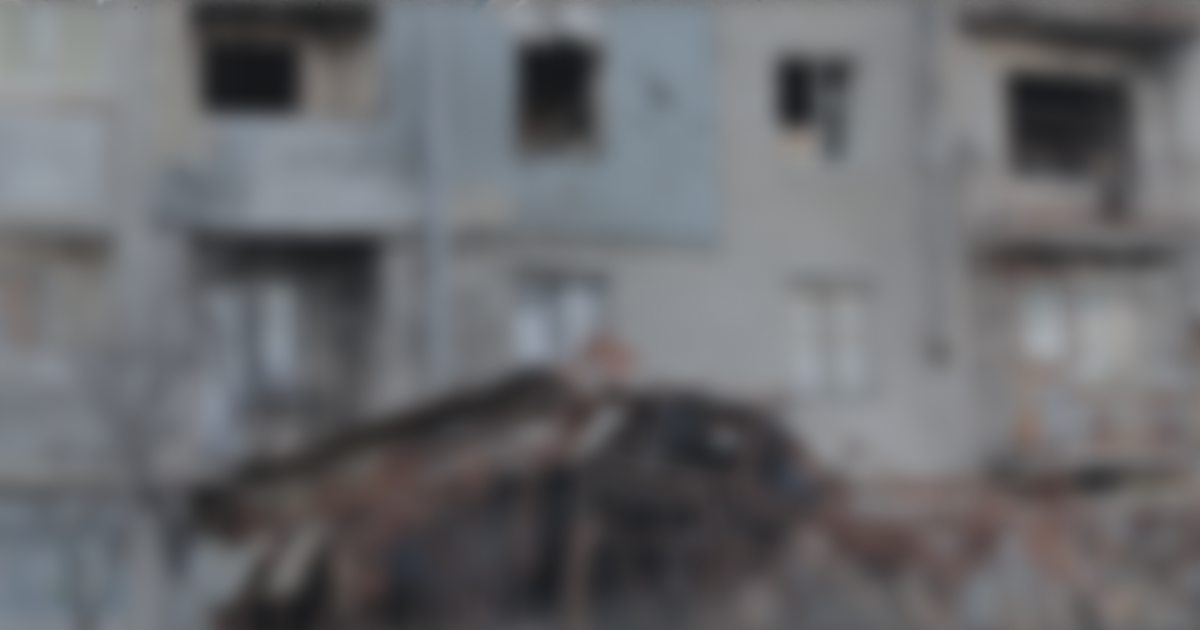
My husband and I agreed to go. Our neighbour, an 82-year-old woman, came with us as well. There was also a woman and her son. We stayed in the basement of the five-story building from 6 a.m. to 5 p.m. The shelling was very heavy. Many buildings and houses were burned down. The volunteers did not show up. When we returned home, our house was on fire. There was a direct hit to the garage and a summer kitchen beside it. Our neighbour's house was also burning. I was in shock, but there were no tears. Our shepherd dog was killed. I came into the yard to see everything in flames. I went out to the garden and realised that it was coming from the direction where the Russians had been driven back.
We spent the night in our neighbours' basement, and the following day, we went to the evacuation site again. We took only the things that were already packed. We kept waiting for volunteers, but no one came. Only vehicles were moving towards the border to drive the Russians away.
On May 5, our neighbours evacuated, taking us and an older woman. There was no electricity, water or telephone service in the village. When we reached the highway, we could call my children. They used to live in Kharkiv in Northern Saltivka, but in March, when there was heavy shelling, they took their children and moved out.
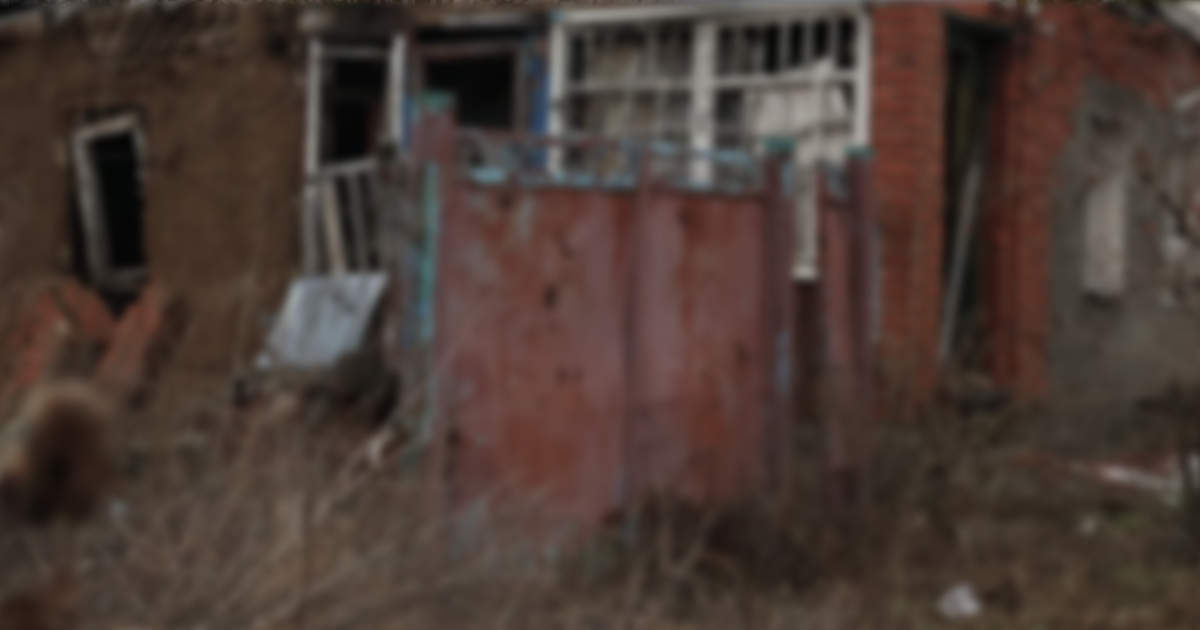
My husband and I first lived in Kremenchuk, then in Boiarka. That's where he died. I returned to Kharkiv in December 2022, and my friends offered me an apartment. I paid only for utilities.
I went home to bury my husband's ashes. Staryi Saltiv seems to consist of two parts: the upper part is intact, although the roofs may have been damaged; the lower part is smashed. The upper part has gas and water, while the lower part has only electricity. The five-story buildings are empty, and the store and apartments have burned out. It's not a very happy sight.
There is nothing left of my house. It was small, about 60 square meters. I grew up in it; my parents renovated it. My husband and I thought we would meet our old age there. I have no hope of restoring it. I'm not fit to work at my age unless I get help with a modular house.


